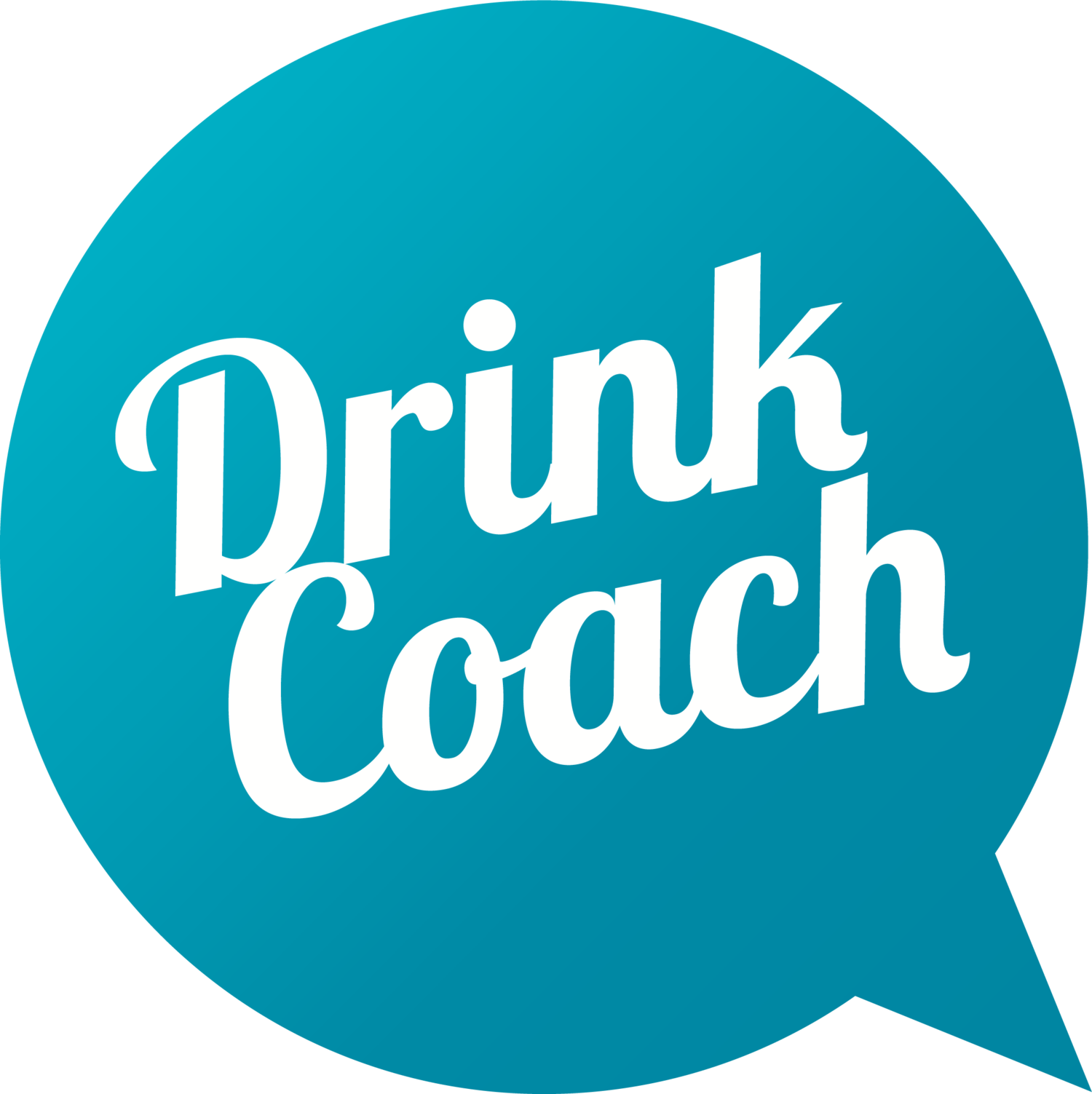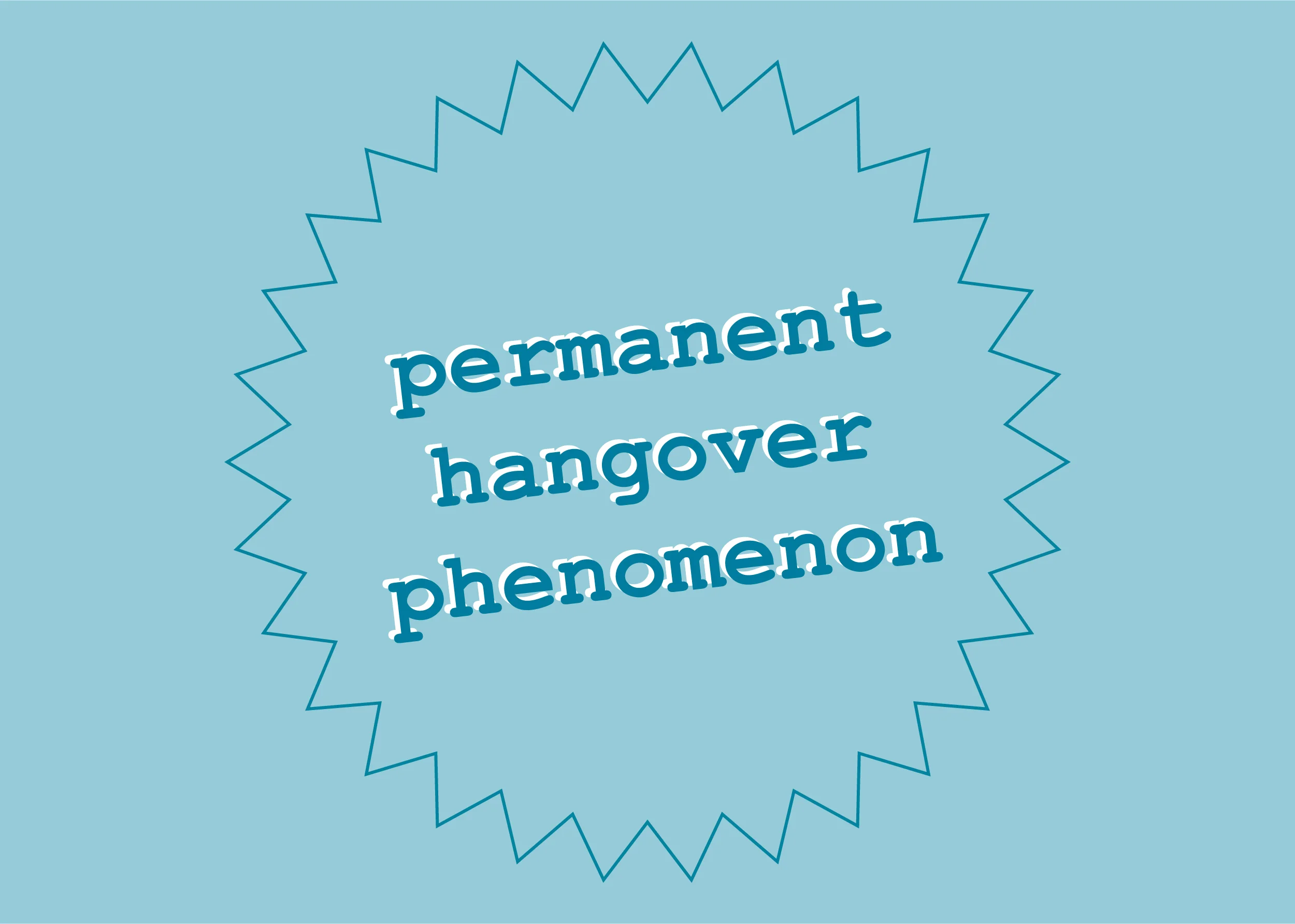A hangover is our body’s way of telling us it needs some repair work.
Many of us will recognise feeling a little worse for wear after a night out that involved too many drinks. Hangovers vary from person to person but are typically caused by imbalances in our electrolyte and fluid levels – dehydration is a key factor.
Alcohol has a diuretic effect (meaning you need to pee more) leading to changes in the osmotic balance (i.e. transfer of liquids) that’s made worse due the build-up of by-products as our body processes alcohol. As fluid and electrolytes become more unbalanced, our bodies find it harder to function. The alcohol is not being flushed out with every visit to the loo and the increased urination is only making you more dehydrated.
If it helps, think of the brain as a sponge – and after a heavy night of drinking your brain is now a dry sponge, in need of some water.
How long will a hangover last?
Your body takes a certain amount of time to process any alcohol you drink. A healthy liver takes one hour to process one unit of alcohol (a single 25ml shot of 40% spirits or a half pint of 4% lager). But a damaged liver may take much longer to process the same amount of alcohol. If you drank a substantial amount the night before, you may still be under the influence of alcohol ‘the morning after’.
For instance, if you’ve consumed 14 units of alcohol in one evening, you’ll need at least 14 hours for your body to process it. Driving to work or doing the school run might be out of the question for the next day!
Food and water may help to ease the symptoms of a hangover but showers, greasy fry-ups and coffee can’t sober you up. The only thing that will is time.
Going hangover free.
Introducing alcohol-free days or taking a break from alcohol during Dry January or Stoptober can show you just how alcohol has affected the way you function.
For more steady drinkers, there is something called the permanent hangover phenomenon with symptoms that mirror fatigue, irritability, poor concentration, and low mood. Often this is put down to life stressors such as work, the kids or not eating well but is more likely due to the effects of alcohol on the system.
By taking a short break from alcohol you will quickly feel the benefits of cutting down.
Tips for avoiding hangovers.
The best thing to do when it comes to hangovers is to avoid them altogether. Easier said then done? Check out our Top Ten Tips For Avoiding a Hangover.
“Food and water may help to ease the symptoms of a hangover but showers, greasy fry-ups and coffee can’t sober you up. The only thing that will is time.”















